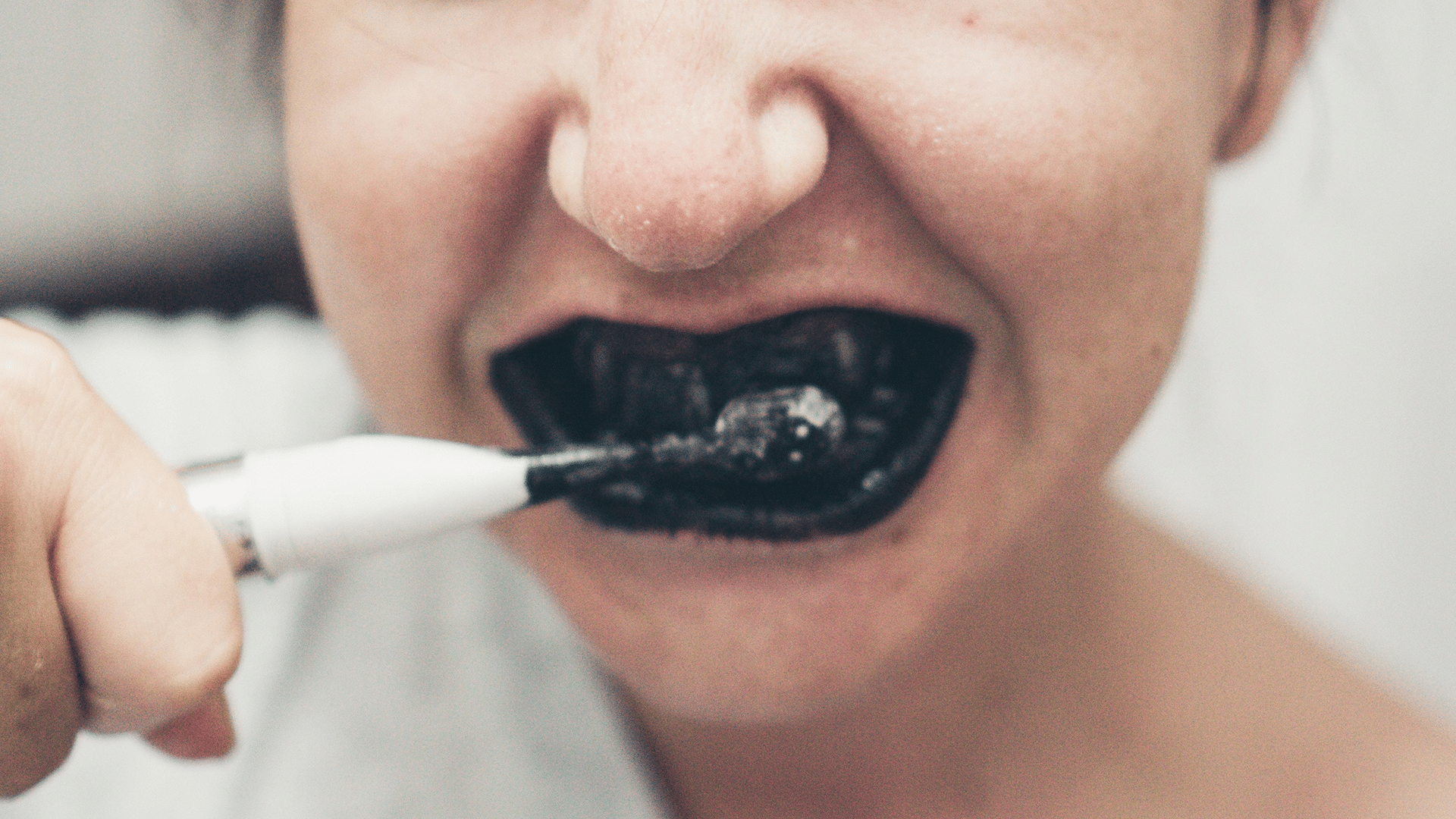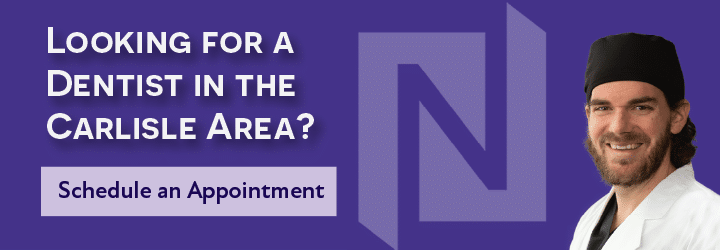
Is charcoal toothpaste good for whitening teeth?
Although charcoal toothpaste is getting a lot of attention and press lately, it’s not more effective than other toothpastes and at-home whitening products on the market. It’s become a trendy ingredient in commercial face masks and scrubs, and some people also vouch for it whitening their teeth.
Activated charcoal is a fine grain powder made from wood, coconut shells, and other natural substances that are oxidized under extreme heat. There are many charcoal toothpaste products available today. It’s highly absorbent and used medically to absorb and remove toxins. But does it really work for teeth whitening?
Does it work?
There’s a difference between removing surface stains and whitening. Surface stains, also known as extrinsic stains, come from the usual suspects: coffee, red wine, tobacco, and dark-colored foods and drinks. They live on the enamel layer and can generally be removed with toothpastes or surface whitening treatments. Activated charcoal in toothpaste may help remove surface stains on your teeth. Charcoal is mildly abrasive and is also able to absorb surface stains to some degree. There is no evidence, though, that it has any effect on stains below a tooth’s enamel, or that it has a natural whitening effect.
Deeper, intrinsic stains are dark coloring that comes from within the tooth, sometimes as a result of trauma, weak enamel, certain types of medication, and even overuse of fluoride. Think of these as the underlying color of your teeth; no matter how dedicated you are to whitening the surface, a major lightening of tooth color can only come from bleaching treatments that penetrate below the outer surface of teeth.
While activated charcoal does have some proven benefits, there isn’t enough scientific evidence to include teeth whitening as one of them.
Is charcoal toothpaste safe in the long run?
More research is needed on the long-term effects of charcoal toothpaste. Here’s what we do know about charcoal toothpaste so far:
- Charcoal toothpaste is too abrasive for everyday use. Using a material that’s too abrasive on your teeth can wear down your enamel.
- Most charcoal toothpaste brands don’t contain fluoride. Fluoride helps keep your tooth enamel strong, which helps to protect your teeth against cavities and decay.
- It may cause staining on some teeth. Charcoal particles could accumulate in the cracks and crevices of older teeth.
- Charcoal’s effect on dental restorations isn’t known. It’s not yet known how charcoal affects the materials used to make veneers, bridges, crowns, and white fillings.
There are also concerns about the abrasiveness of charcoal, which some say could damage enamel if used regularly, as well as charcoal’s tendency to absorb all sorts of things it comes into contact with, including good things like medications. Others argue that charcoal isn’t specifically bad for teeth, it simply won’t do much for your smile in the longterm since the active ingredient isn’t in contact with the tooth surface for enough time to have a meaningful whitening effect.
The Takeaway:
If you have educated yourself about the potential dangers of charcoal teeth whitening but still want to give it a try, ask your dentist for recommendations. Your dentist can help you select from the at-home and in-office teeth whitening treatments that are available. If you and your dentist choose a teeth whitening method together, you don’t have to worry about the risk of unsafe ingredients or enamel erosion.
Contact us at Noll Family Dentistry with any questions or to make an appointment!



